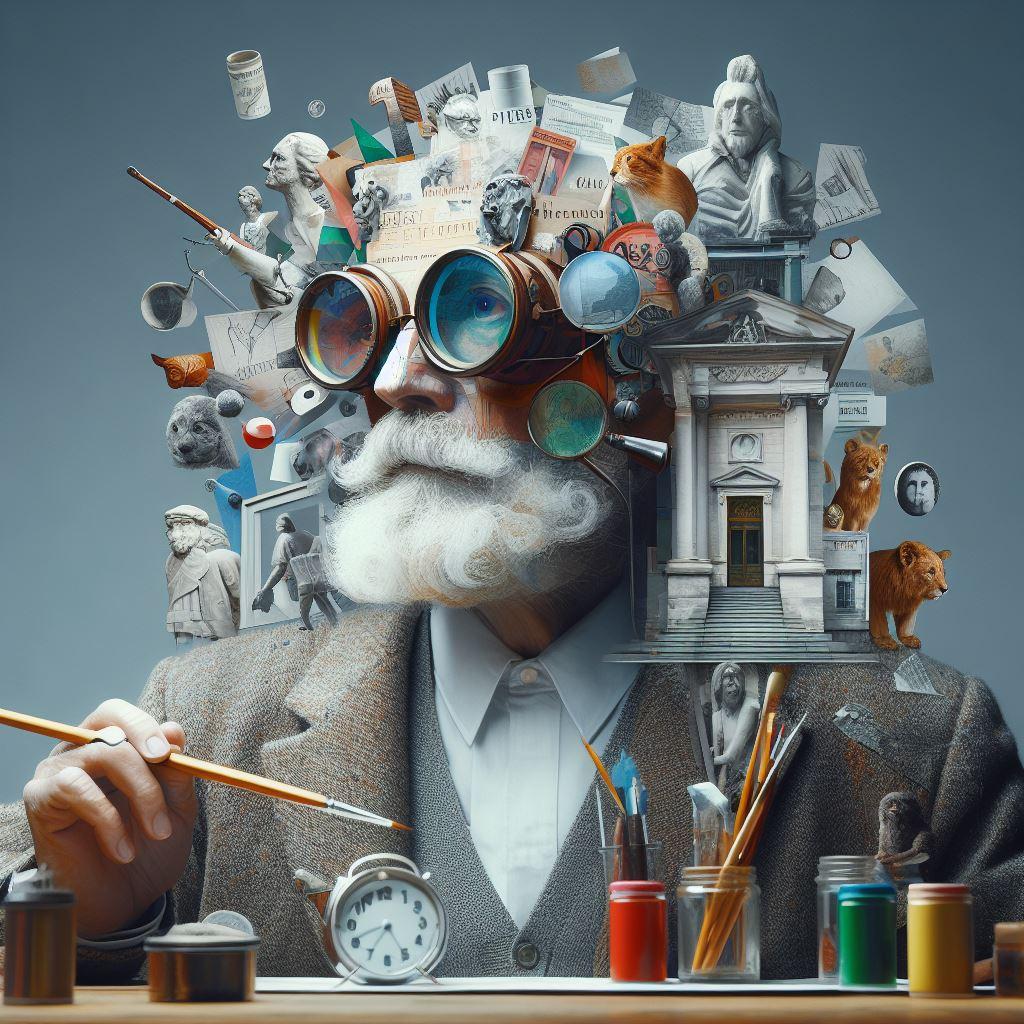
The Power Institute is convening a panel in June on art history and the digital, at the prestigious CIHA conference in Lyon.
In June, the Power Institute's Mark Ledbury (Director) and Marni Williams (Manager, Publications) will be convening a panel on art history and the digital in Lyon, France. The panel will be part of the annual conference organised by the prestigious Comité International d'Historie de l'Art (The International Commitee for Art History), which is the oldest international organization of art history in the world.
Mark and Marni were invited specifically to convene this panel by the International Association of Research Institutes in the History of Art, due to the Power Institute's emerging expertise in this field.
The panel will be moderated by Mark and Marni, and will include the following speakers:
- Prof. Dr Tristan Weddingen (Director, Bibliotheca Hertziana - Max Planck Institute for Art History, Rome, Italy) on "Developing Integrated Digital Research Infrastructures for Art History"
- Assoc. Prof. Mija Oter Gorenčič and Dr Katarina Mohar (ZRC SAZU, France Stele Institute of Art History, Research Centre of the Slovenian Academy of Sciences and Arts, Ljubljana, Slovenia) on "New Dimensions of Medieval Mural Research in Slovenia. Bridging the Gap Between the Material, the Virtual, and AI"
- Dr Federico Nurra (Head of the Digital Research Service, Institut national d'histoire de l'art, Paris, France) on "The Importance of Being FAIR"
Panel Abstract
The enviable infrastructure of research institutes, often endowed with, even centred around, large physical libraries and archives, has helped the discipline grow and prosper in the past fifty years and supports art-historical research today. Our deceptively simple question is this: How can and will these institutions face the challenges of the future of art historical research?
In the research ecosystem of the near future, when scanned objects and digitised archives begin to move more freely beyond the bounds of physical collections, our materials of study appear via generous repositories in pixels and datasets, and communication is directed towards search engines rather than libraries, what will a research institute be? How will they help researchers who are expanding visual understanding in the digital landscape? Or partner across institutions to build new infrastructure?
What does a fellowship look like in the Metaverse? What kinds of projects can research institutes best facilitate and what should they offer to a new generation of scholars and museum professionals? And as advanced technologies such as AI change society’s relationship to images, what role could institutes play to advocate for critical looking?
This panel draws on expertise from within the institutions of RIHA, presenting survey results alongside short presentations of projects that explore this series of questions.
Image: An image produced by Federico Nurra using the Bing image creator, DALL-E 3 (https://www.bing.com/images/create/) using the prompt: “An art historian from a public institution”.
